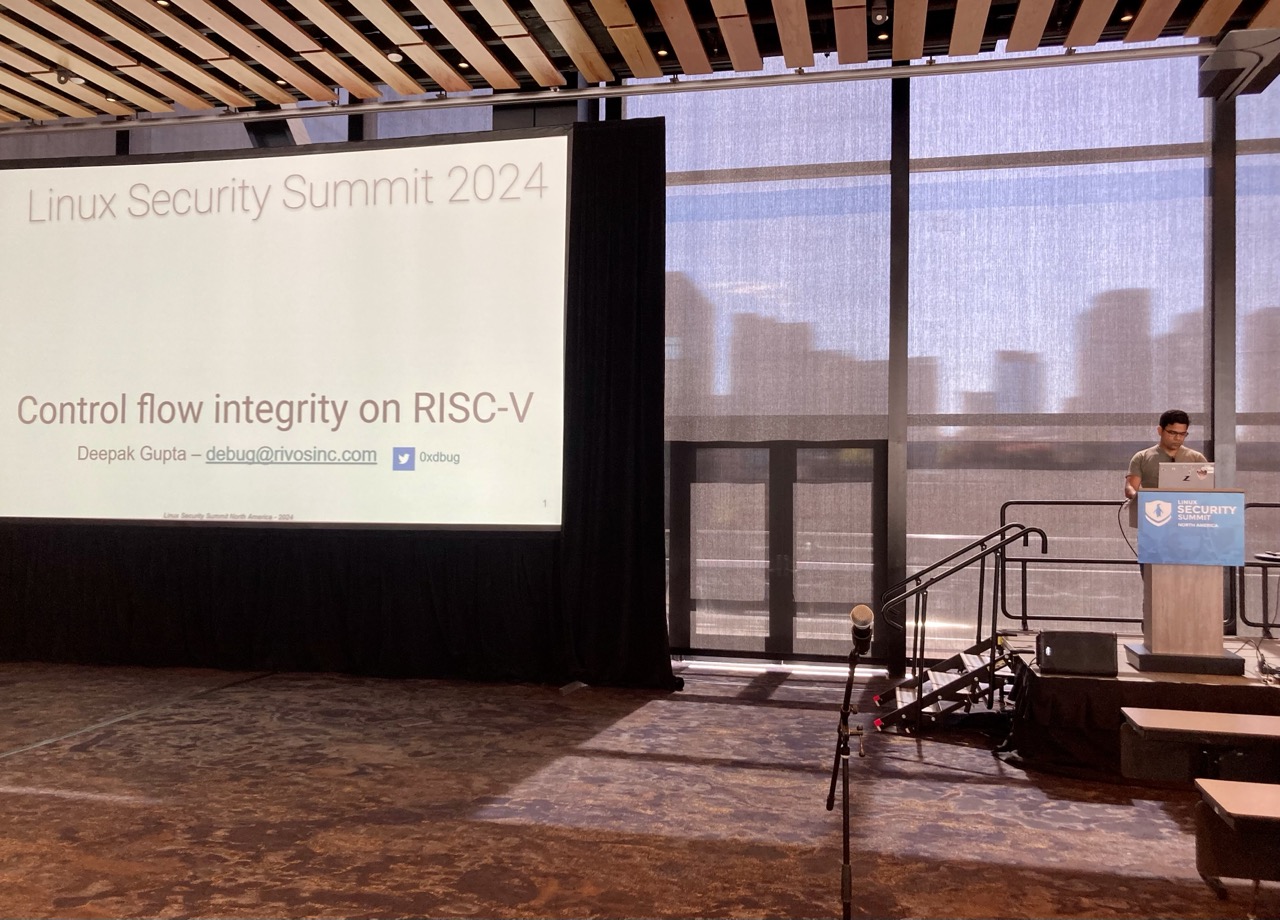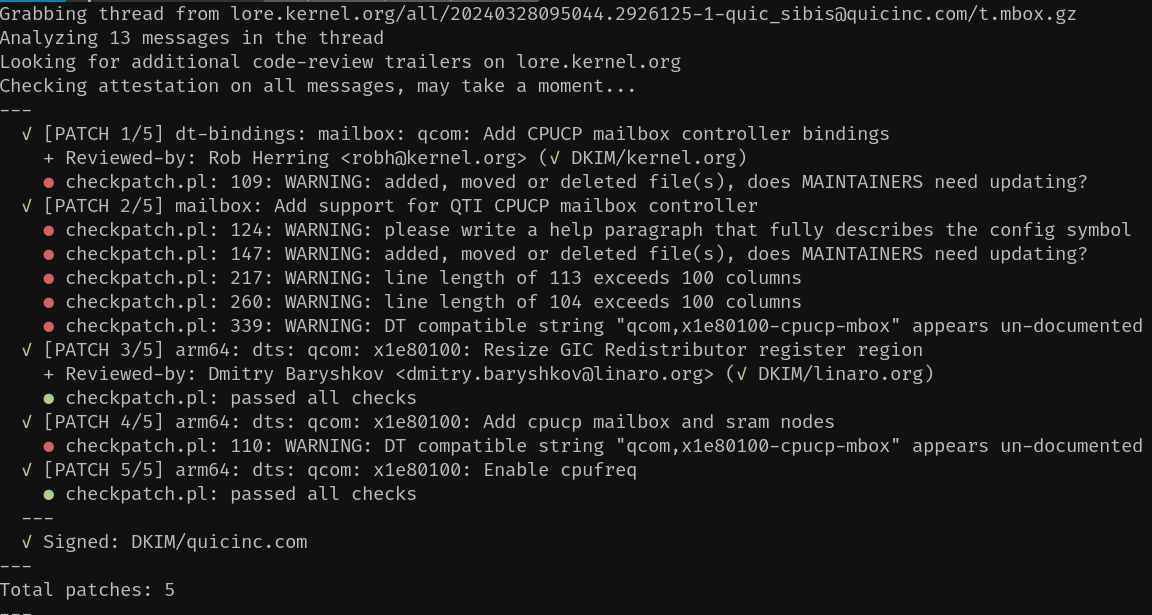Posts
208Following
156Followers
170Palmer Dabbelt
palmerhttps://lists.riscv.org/g/apps-tools-software/topic/risc_v_tech_unprivileged/105892640
Palmer Dabbelt
palmerhttps://jalopnik.com/americans-are-driving-their-cars-to-death-in-order-to-s-1851450846
Jens Axboe
axboe@fosstodon.orgMentioned this in passing, but want to publicly thank Dell for sponsoring a big test box. Tons of storage, tons of bandwidth, and now 100G connected in my little lab for great io_uring networking testing as well. They even stopped by my office for a day to rack mount it!
Boston Bike Blockers
BostonBikeBlockers@mastodon.socialCambridge Street, Cambridge.
This isn't a lack of parking; this is a driver who couldn't be bothered to pull all the way into the space.
Harry Sintonen
harrysintonen@infosec.exchangeI implemented Ken Thompson’s Reflections on Trusting Trust (1984 Turing Award Lecture) compiler #backdoor for the GNU Compiler Collection (GCC). The backdoor maintains persistence by re-injecting itself to any new versions of the compiler built. The secondary payload modifies a test application by adding a backdoor password to allow authentication bypass:
$ cat testapp.c
#include <string.h>
#include <stdio.h>
#include <stdlib.h>
int main(int argc, char **argv)
{
if (argc == 2 && !strcmp(argv[1], "secret"))
{
printf("access granted!\n");
return EXIT_SUCCESS;
}
else
{
printf("access denied!\n");
return EXIT_FAILURE;
}
}
$ gcc -Wall -O2 -o testapp.c -o testapp
$ ./testapp kensentme
access granted!
$
I spent most time (around two hours) writing the generalized tooling that produces the final quine version of the malicious payload. Now that this is done, the actual code can be adjusted trivially to exploit more target code without any need to adjust the self-reproducing section of the code. This method of exploitation could be extended to target various binaries: SSH Server, Linux Kernel, Setuid binaries and similar. While itself written in C, the secondary payloads can target any programming languages supported by GCC.
It should be noted that GCC build checks for malicious compiler changes such as this. This check can – of course – also be bypassed. However, most serious projects have measures in place to avoid hacks of this nature.
Some links:
- Ken Thompson's "Reflections on Trusting Trust" paper: https://www.cs.cmu.edu/~rdriley/487/papers/Thompson_1984_ReflectionsonTrustingTrust.pdf
- David A. Wheeler: "Fully Countering Trusting Trust through Diverse Double-Compiling (DDC) - Countering Trojan Horse attacks on Compilers" https://dwheeler.com/trusting-trust/
#hacking #exploitdevelopment #kenthompson #infosec #cybersecurity @vegard
Palmer Dabbelt
palmerLinux Security Summit 🐧
LinuxSecSummitLWN.net is now @LWN@lwn.net
LWN@fosstodon.org[$] Gentoo bans AI-created contributions https://lwn.net/Articles/970072/ #LWN
K. Ryabitsev-Prime 🍁
monsieuriconFor a few years now I've been trying to convince these callers that they have reached the wrong person and that I'm actually with "Lennox Foundation Repair." Yes, I do IT because I'm in charge of the laptop used to inspect the subfloors with a camera.
I know this is petty, but it brings me 2 minutes of schadenfreude joy as I hear the poor sod on the other end of the line get progressively more and more confused.
(Bonus points if you get the "I'm a flooring inspector" reference.)
K. Ryabitsev-Prime 🍁
monsieuriconInitial implementation. The goal was to show a quick summary without outputting a wall of obtuse text.





